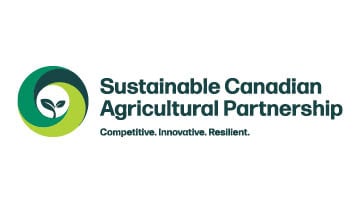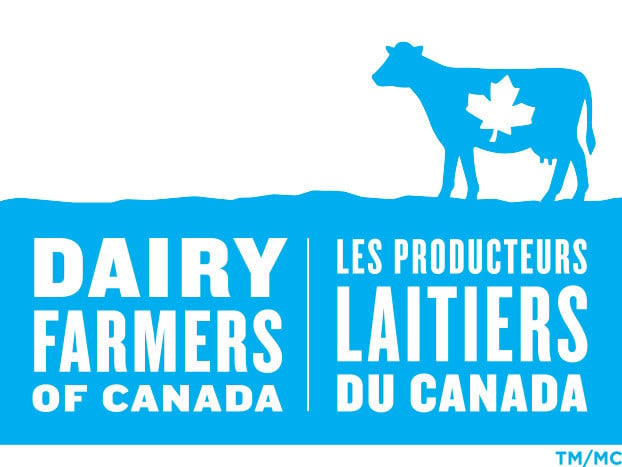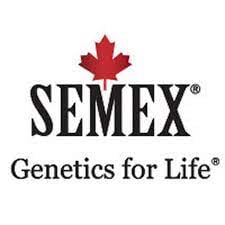Reducing dairy cattle methane emissions through genetic improvement
Ongoing

Project Overview
To sustain its competitiveness both nationally and internationally, the Canadian dairy industry must enhance efficiency while reducing its environmental footprint. Genomic evaluation facilitates the selection of animals with reduced environmental impact, while allowing for improved health, productivity, and feed utilization. A key goal for genetic selection within the dairy sector is the reduction of greenhouse gas emissions, especially enteric methane. There is a need for more extensive and continued phenotyping for methane emissions to enhance the efficacy of genomic evaluation and monitoring tools for dairy cattle.
The overall objectives of this project are to improve the accuracy and efficiency of genomic evaluation and enhance tools for monitoring methane emissions from individual dairy cows. This research aims at improving genomic selection tools for animals with lower environmental impact.
What Will the Research Team Do?
The research team will; (i) spearhead the setup of a sustainable data collection system on commercial and research farms; (ii) collect and evaluate cow genotypes and use large datasets to evaluate genetic correlations between methane emissions and other desirable traits; (iii) evaluate the ability of models to predict methane emissions; (iv) conduct a multiple-trait analysis to evaluate the accuracy of genomic predictions on methane emissions; (v) use simulation methods to assess the impact of new methane phenotypes on the accuracy of genomic breeding value predictions; (vi) collaborate with industry partners to create monitoring and benchmark statistics for methane emissions; and (vii) assess different strategies for deleting obsolete data from genetic evaluations to minimize computational demand, biases, and unexpected dispersion of results.
The objectives of this project are to:
- Collect individual cow genotypes and methane (CH4) emissions using the sniffer system on 4 commercial farms and 2 research institutions.
- Estimate genetic parameters, including genetic correlations between CH4 emission and CH4 efficiency with all other relevant traits.
- Determine genome-wide association for CH4 emission, CH4 efficiency, and feed efficiency traits.
- Assess the prediction of CH4 emissions by milk mid infrared (MIR) spectrometry data and other commonly available predictors.
- Evaluate the accuracy of large-scale genomic predictions based on MIR predicted CH4.
- Determine the number of new CH4 emission phenotypes needed to maintain or increase the accuracy of breeding value predictions for MIC predicted CH4 efficiency.
- Develop and implement a CH4 monitoring and benchmark herd tool.
- Evaluate truncation of old data for genomic evaluation of CH4 efficiency and determination of best truncation point.
Principal Investigators
Flavio S. Schenkel
University of Guelph
Co-Investigators
Christine Baes
University of Guelph
Filippo Miglior
Lactanet
Debora Santschi
Lactanet
Key Words
- Methane emissions, genetic improvement, genomic evaluation, environmental impact
Period: 2023-2028
Budget: $1,003,450
Last Updated: June 17, 2024
Note: As per the research agreement, aside from providing financial support, the funders have no decision-making role in the conduct of the studies, data collection, and analysis or interpretation of the data. Researchers are independent in conducting their studies, own their data, and report the outcomes regardless of the results. The decision to publish the results rests entirely with the researchers.




